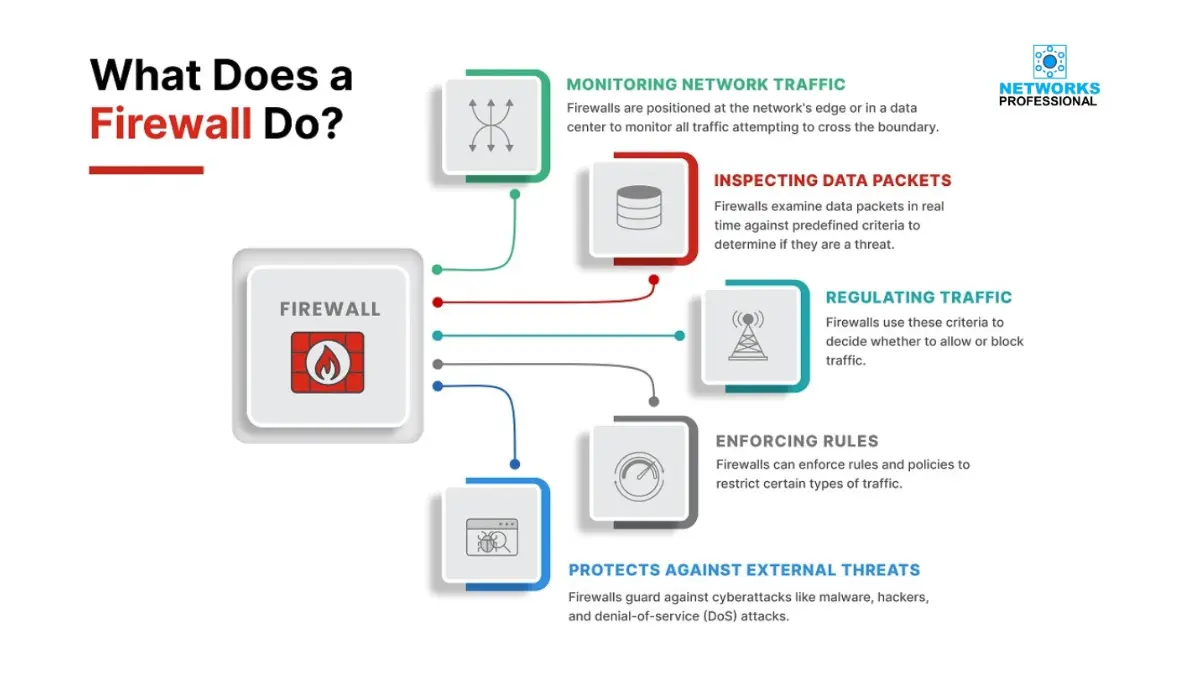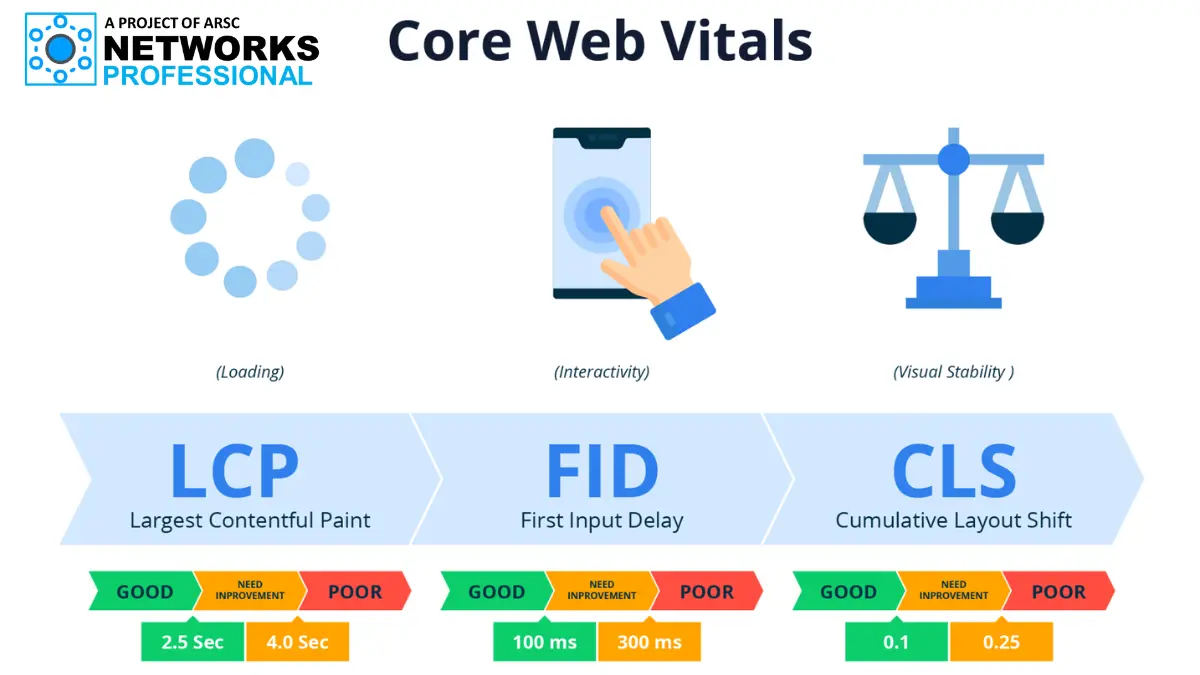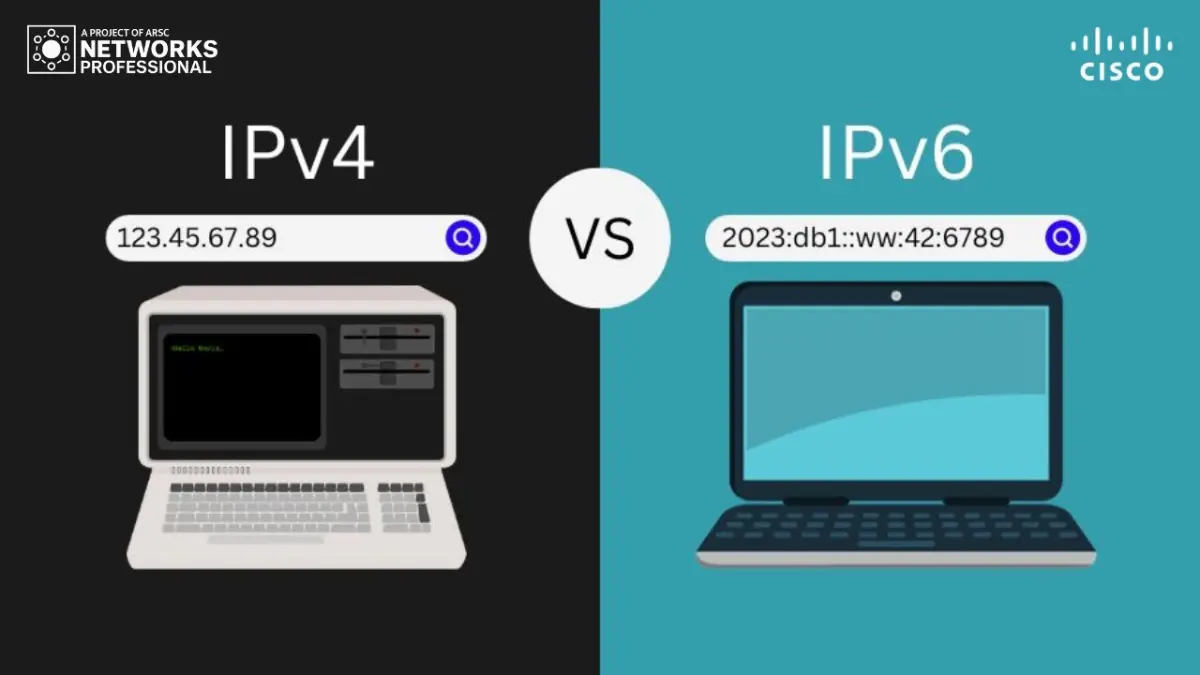What Does a Firewall Do?
In today’s digital world, protecting networks and data from cyber threats is more important than ever. One of the most essential security tools in any network is the firewall. Whether you’re at home, in an office, or running a data center, a firewall acts as the first line of defense between your devices and the outside world.
So, what exactly does a firewall do? Let’s break it down.
Monitoring Network Traffic
A firewall is positioned at the edge of a network or within a data center to act as a security checkpoint. Its first responsibility is to monitor all incoming and outgoing traffic. Every time data tries to enter or leave the network, the firewall checks it.
Think of it as a guard at the gate of a city: no one can enter or leave without passing through security checks. This constant monitoring helps identify unusual patterns that may indicate an attack or intrusion attempt.
Inspecting Data Packets
All data on the internet travels in the form of packets — small chunks of information. Firewalls don’t just look at where these packets are coming from or going to; they also examine what’s inside them.
By inspecting data packets in real time against predefined security rules, firewalls can quickly decide if the packet is safe or potentially harmful. For example, a packet carrying malicious code or suspicious instructions can be flagged and blocked before it causes any damage.
Regulating Traffic
Not all traffic is the same. Some traffic may be safe and necessary, like browsing a website or sending an email, while other traffic may be dangerous, like unauthorized access attempts. Firewalls help regulate traffic by applying rules that determine whether a packet should be allowed, denied, or flagged for further inspection.
This regulation ensures that only trusted and necessary communication flows through the network, while malicious or unwanted data is kept out.
Enforcing Rules
Firewalls operate based on a set of rules and policies defined by administrators. These rules can be as simple as blocking access to certain websites, or as complex as restricting traffic from specific countries or IP ranges.
For example, a company may set rules that allow employees to access work-related websites but block access to entertainment or suspicious domains. By enforcing such rules, firewalls not only protect networks but also help maintain productivity and compliance.
Protecting Against External Threats
Cyber threats are constantly evolving, from malware and ransomware to sophisticated denial-of-service (DoS) attacks. A firewall provides a shield against these dangers by stopping harmful traffic before it reaches internal systems.
Modern firewalls are intelligent enough to recognize patterns of known attacks and respond instantly, minimizing damage. They also integrate with other security solutions to provide layered defense, making it harder for attackers to breach a network.
Why Firewalls Are Essential
Without a firewall, your network would be like a house with its doors and windows wide open — anyone could walk in. A firewall acts as a protective barrier, ensuring only legitimate traffic enters while keeping threats out.
Whether for personal use at home or enterprise-level security, firewalls are an essential part of cybersecurity. They not only guard against hackers and malware but also give administrators control over how the network is used.
Conclusion
A firewall does much more than just block suspicious traffic. It continuously monitors, inspects, regulates, and enforces rules to ensure a secure and efficient network environment. In a world where cyberattacks are increasing in frequency and complexity, firewalls remain one of the most trusted defenses for keeping networks safe.
Simply put: if the internet is a busy highway, a firewall is the traffic cop that keeps things safe and organized.







